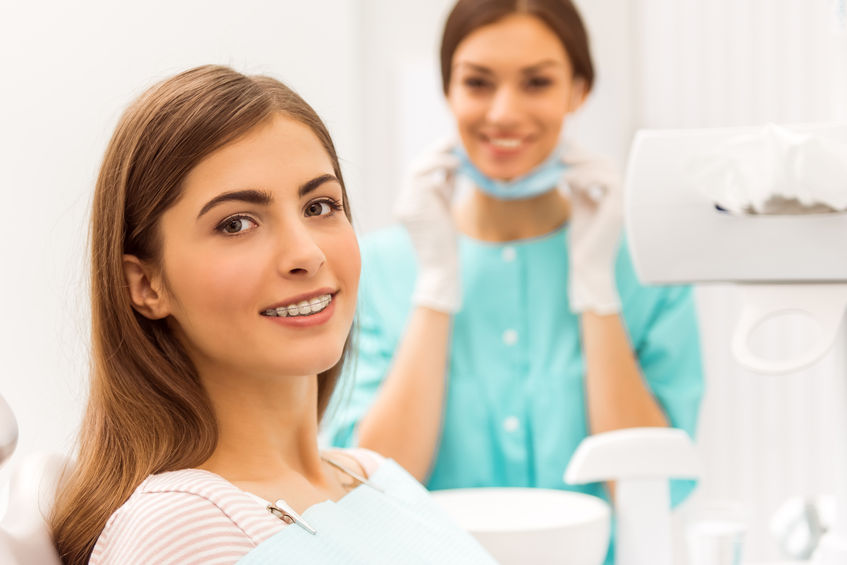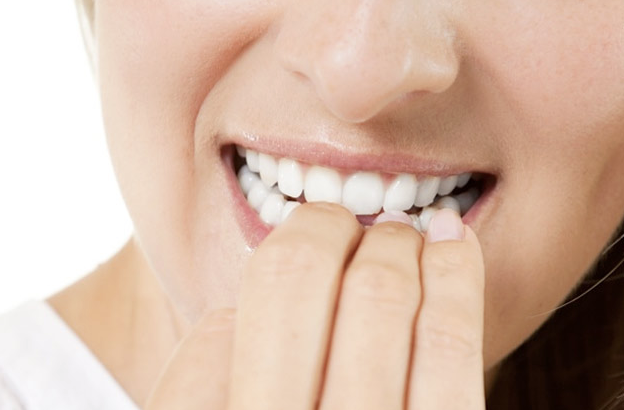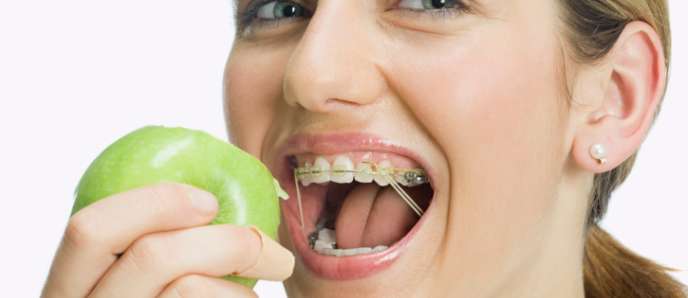That twice-yearly trip to the dentist could do more than keep teeth and gums healthy: It may decrease the risk of pneumonia by reducing bacteria in the mouth, suggests research being presented at IDWeek 2016™.
Nearly one million Americans become ill with the infection every year and 50,000 die. While it is more common among older people and those with conditions such as AIDS or lung disease, anyone can get pneumonia. Based on an analysis of a national database of more than 26,000 people, the new research found that people who never get dental checkups had an 86 percent greater risk of pneumonia than to those who visit the dentist twice a year.
“There is a well-documented connection between oral health and pneumonia, and dental visits are important in maintaining good oral health,” said Michelle Doll, MD, lead author of the study and assistant professor of internal medicine in the Division of Infectious Disease at Virginia Commonwealth University, Richmond. “We can never rid the mouth of bacteria altogether, but good oral hygiene can limit the quanitities of bacteria present.”
Researchers analyzed data obtained from the 2013 Medical Expediture Panel Survey, which asks about healthcare utilization (including dental care), costs and patient satisfaction. They found 441 of 26,246 people in the database had bacterial pneumonia (1.68 percent) and that those who never had dental checkups had an 86 percent increased risk of pneumonia compared to those who had twice-yearly appointments.
The body contains 10 times as many microbes (bacteria, fungi and viruses) as human cells on or in the body, from the skin to the gastrontestinal system (including the mouth). Some microbes are good and some are bad, but even bad microbes only cause disease under certain circumstances. In some cases, bacteria can be accidentally inhaled or aspirated into the lungs and cause pneumonia. Bacteria that commonly cause pneumonia include streptococcus, haemophilus, staphylococcus, and anaerobic bacteria. Routine dental visits may reduce the amount of bacteria that can be aspirated, said Dr. Doll.
“Our study provides further evidence that oral health is linked to overall health, and suggests that it’s important to incorporate dental care into routine preventive healthcare,” said Dr. Doll.
Story Source: Materials provided by Infectious Diseases Society of America. Note: Content may be edited for style and length.


Are You A Nail Biter? Here’s Why You Should Stop
Nail biting can be a hard habit to break — but if you don't, your teeth might suffer much more than your manicure. According to the American Association of Orthodontics, children or adults who bite their nails could crack, chip or wear down their...

Does my child really need that orthodontic treatment?
For many parents, the news that their child needs to see an orthodontist is not well-received for a number of reasons. They instantly begin to imagine hours spent at the orthodontist office, expensive bills that insurance won’t pay, and the negative...

Don’t Eat That: Foods to Avoid While Wearing Braces
The goals of braces are simple: give wearers straight teeth and a terrific smile. To reach this end, however, wearers must hold up their end of the bargain by doing more than brushing and flossing regularly. Not to spoil your appetite, but some foods can...

